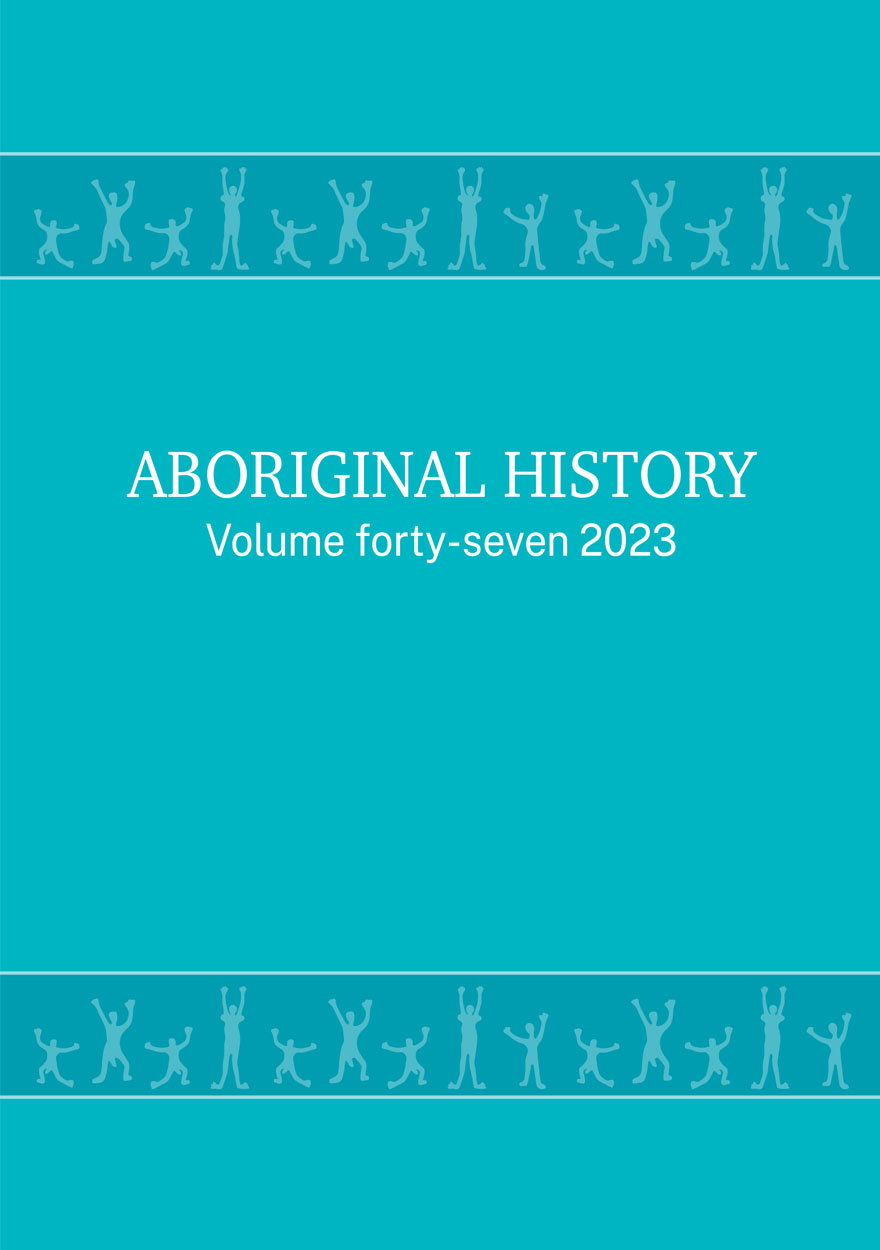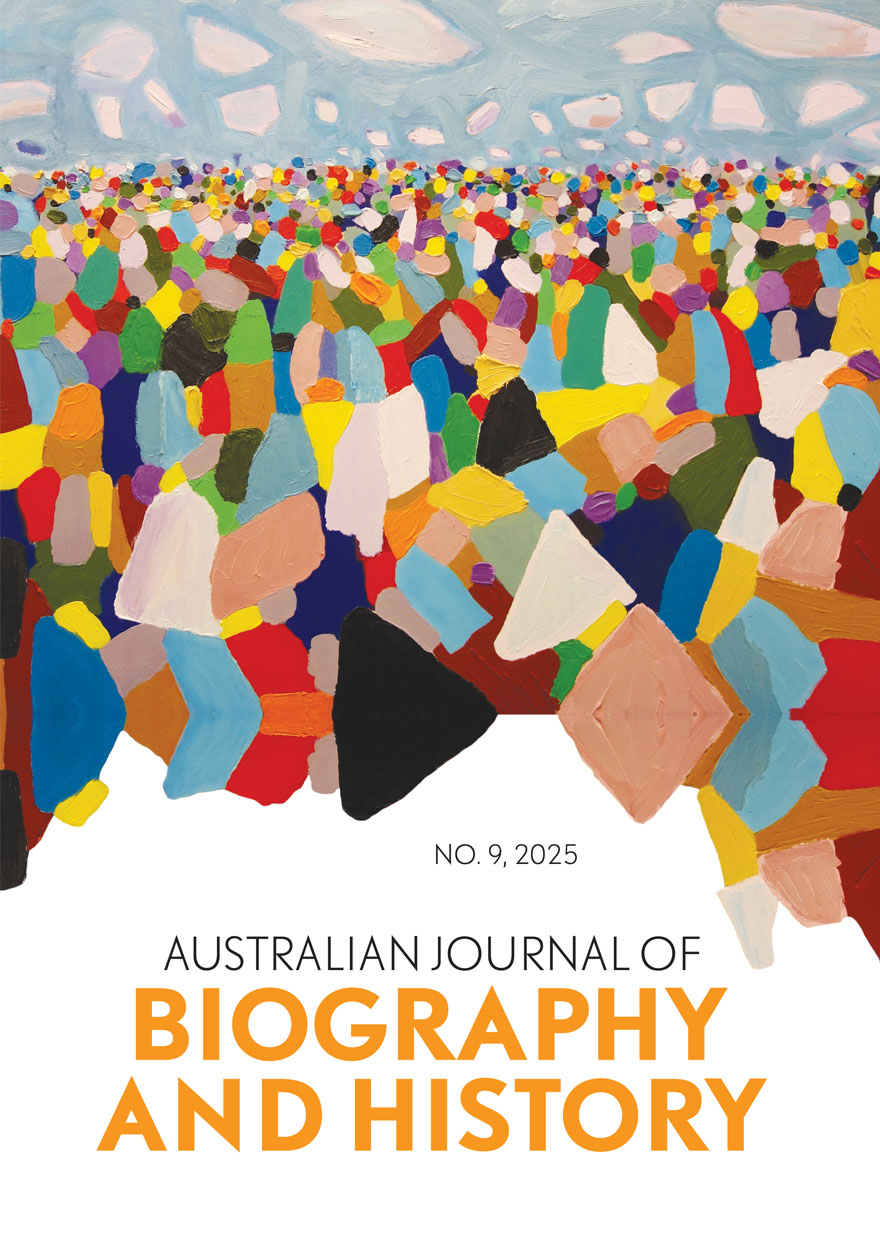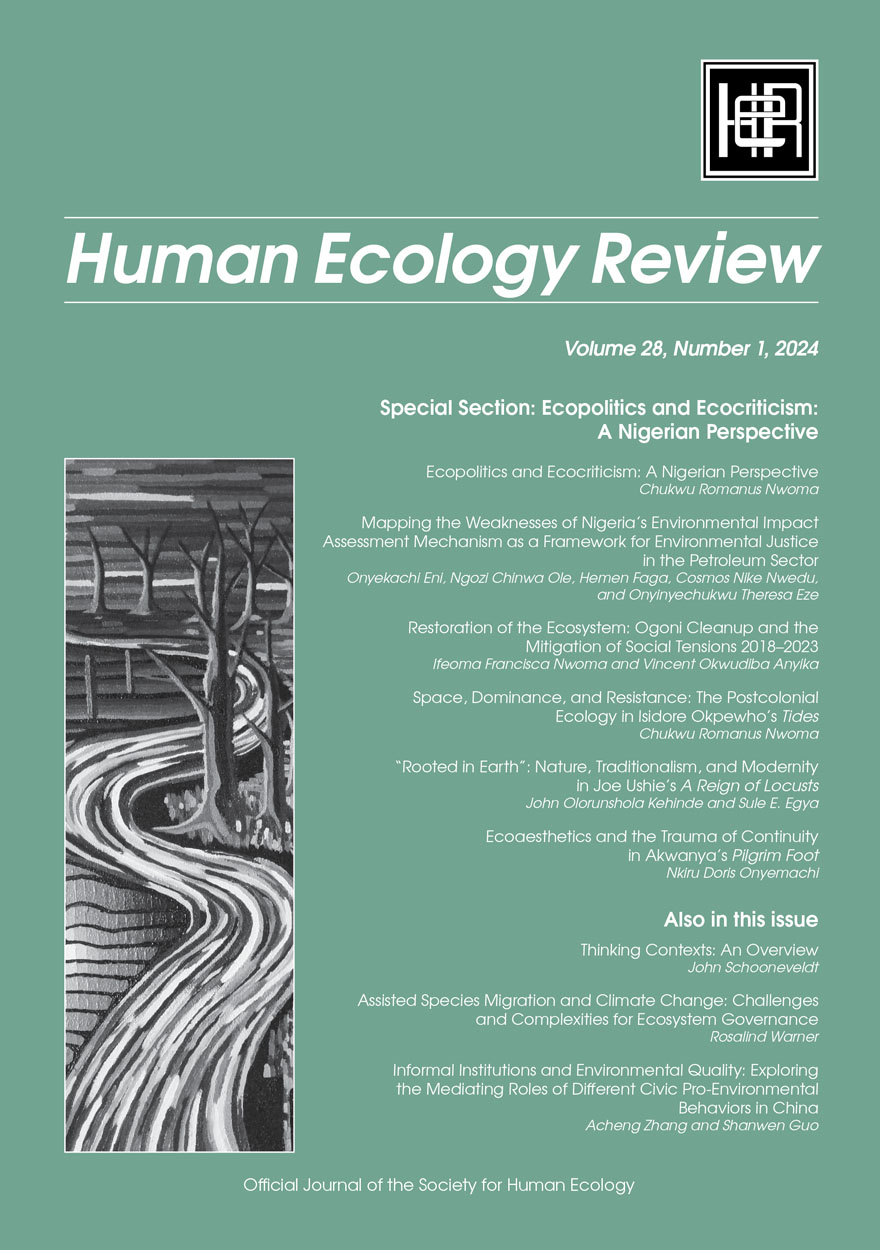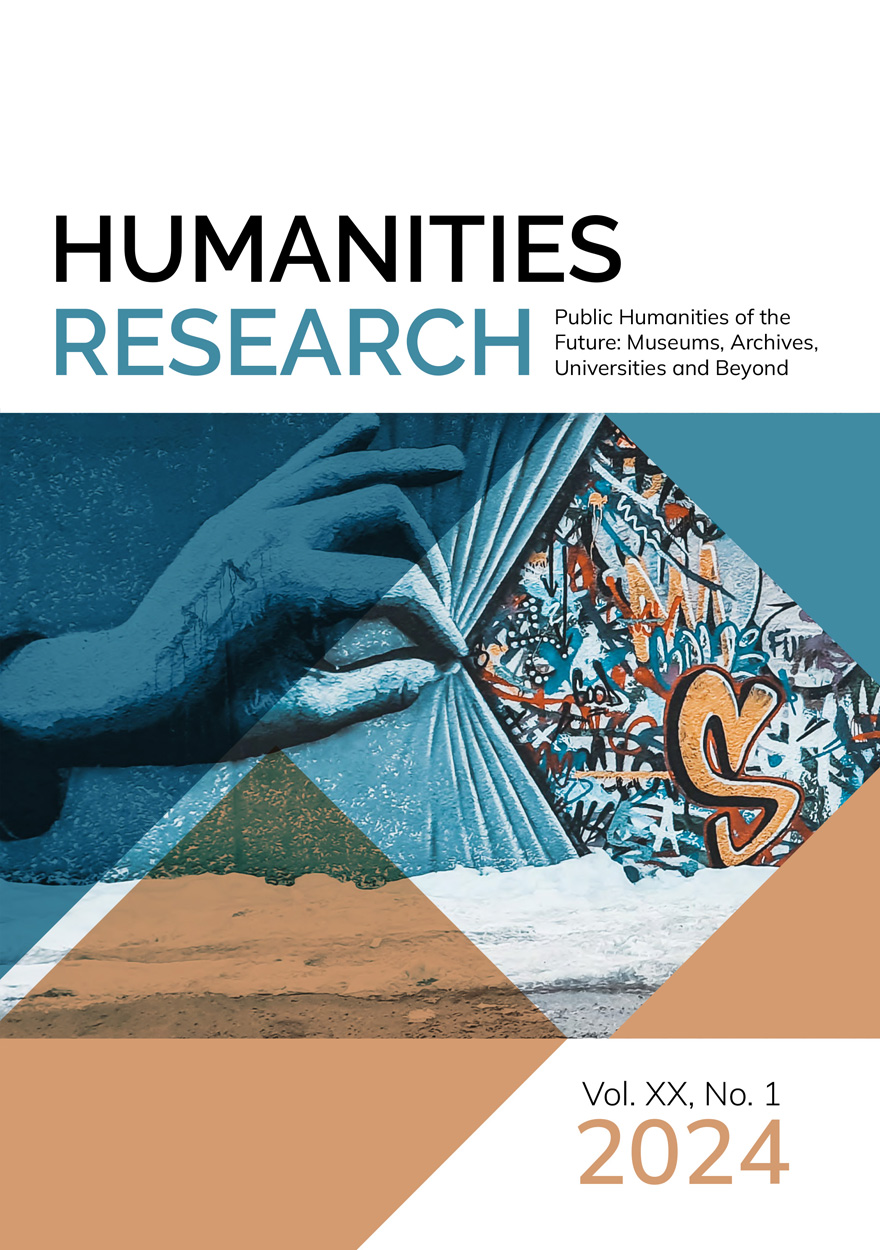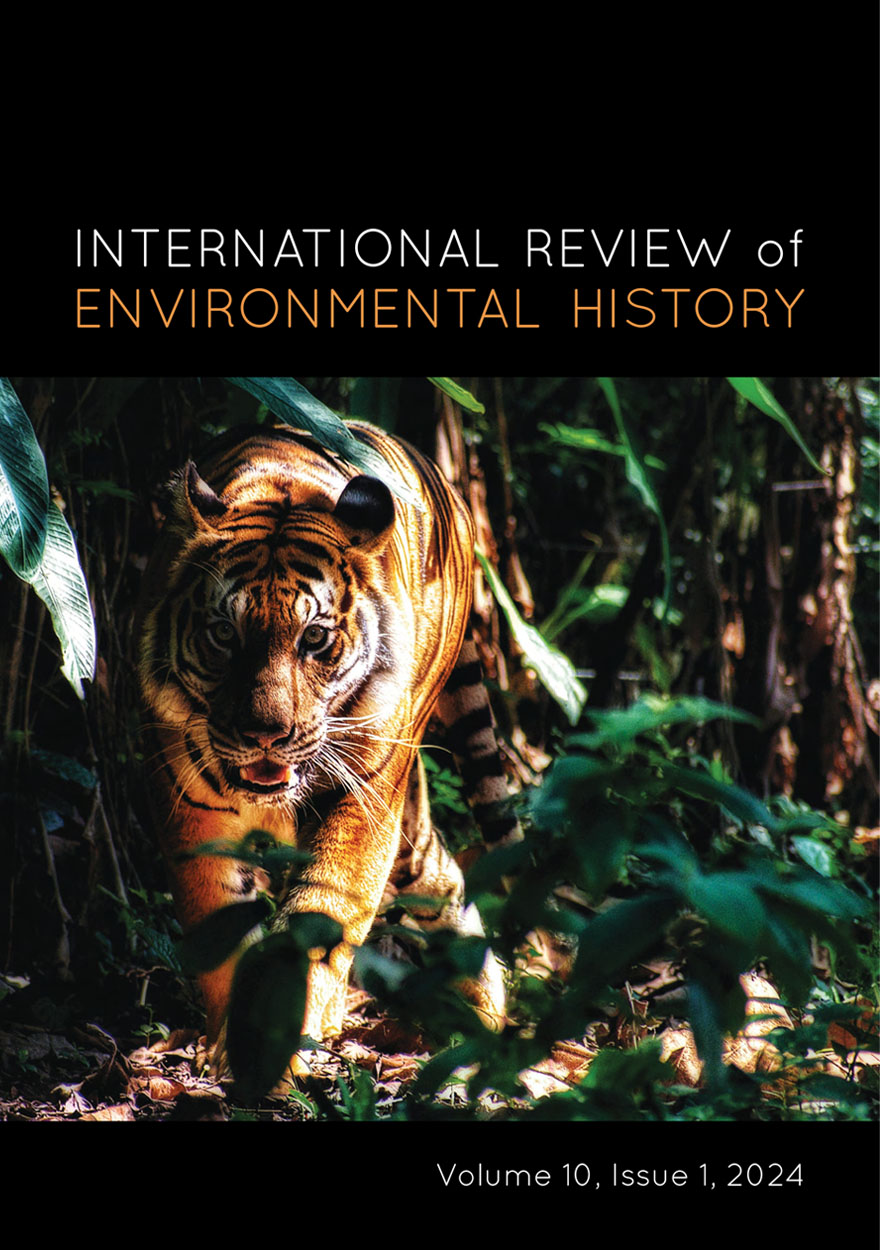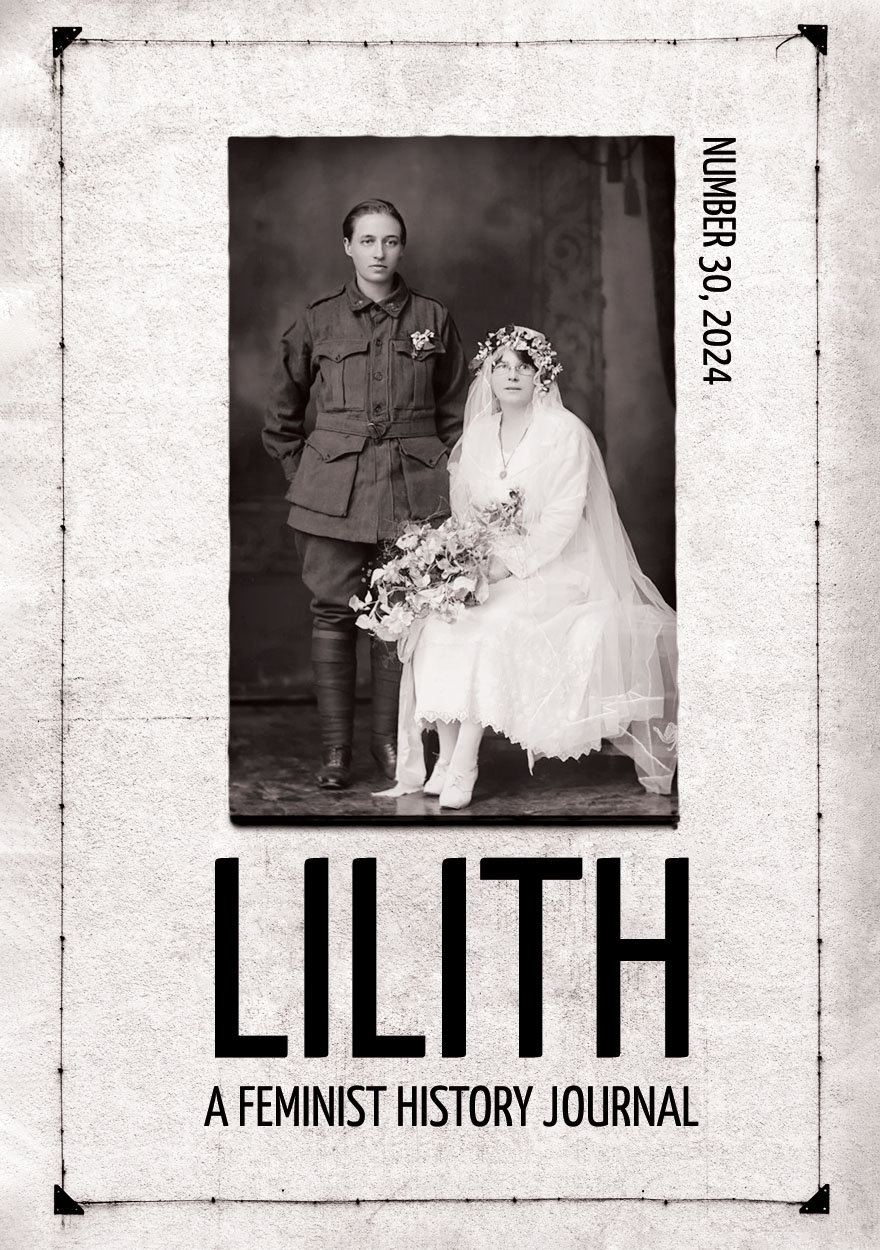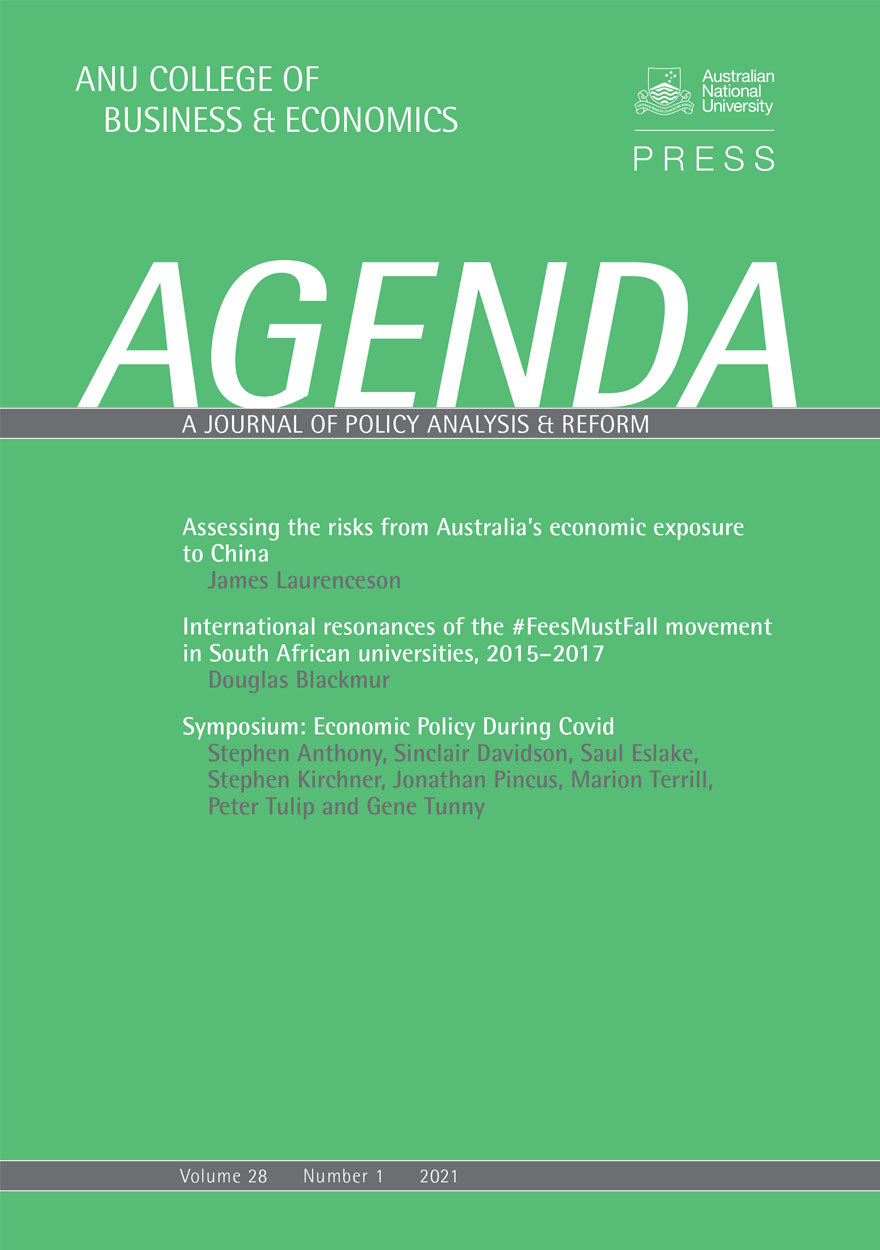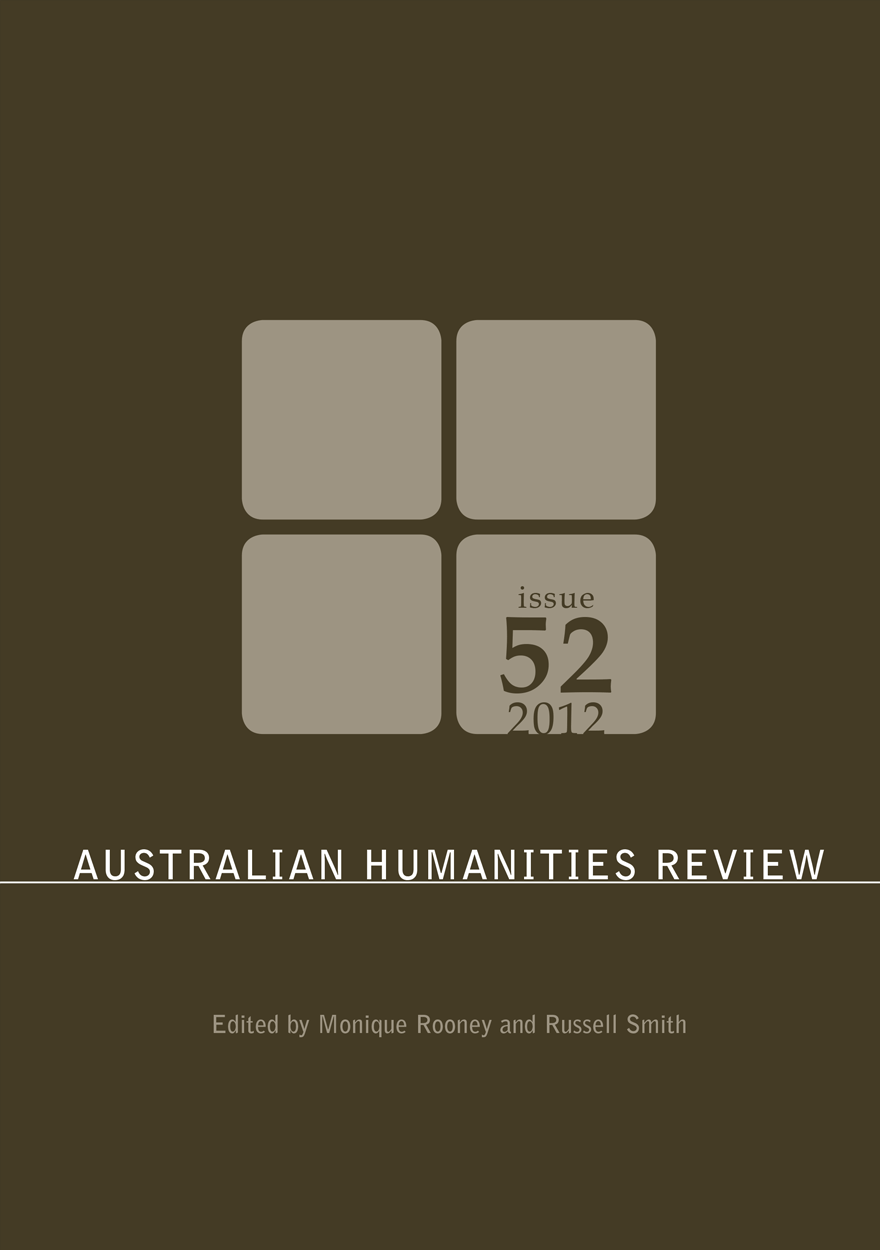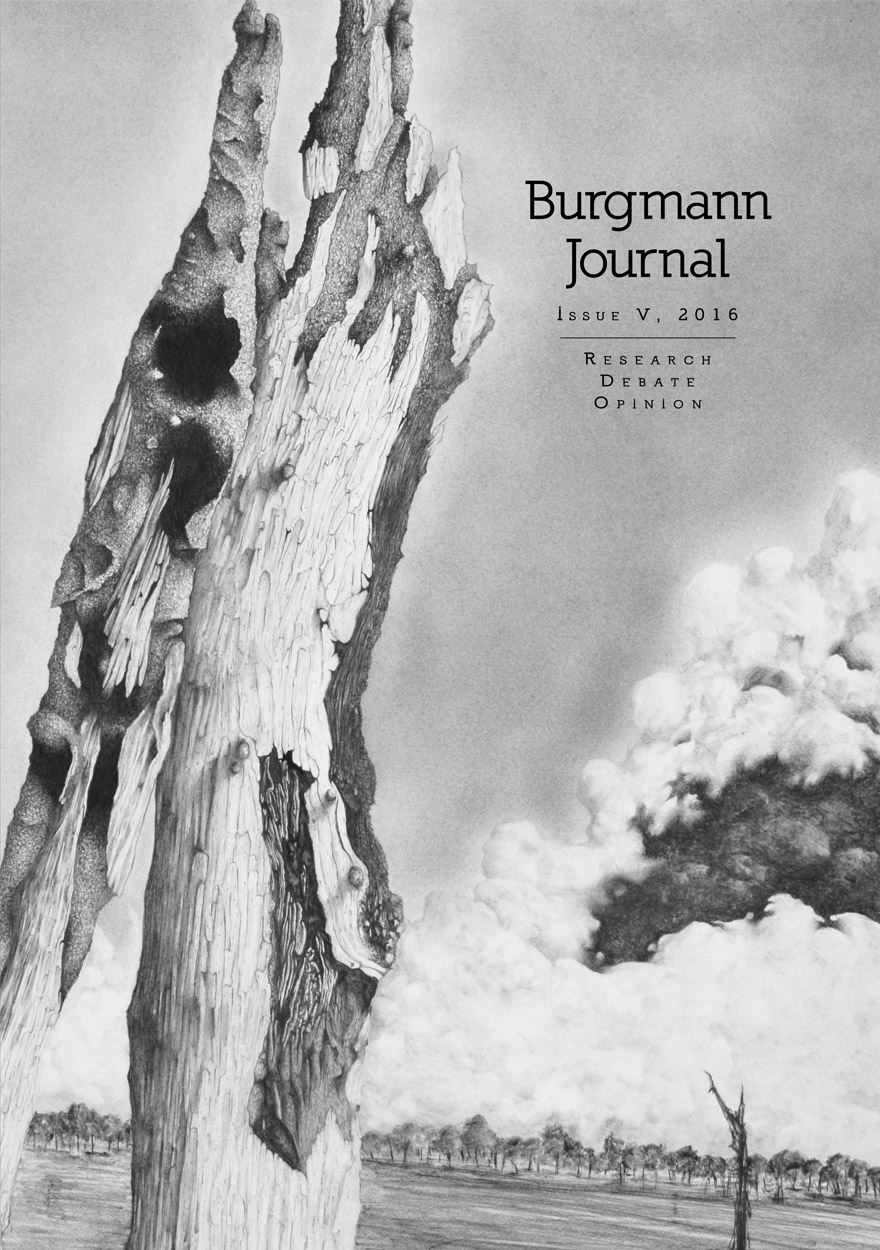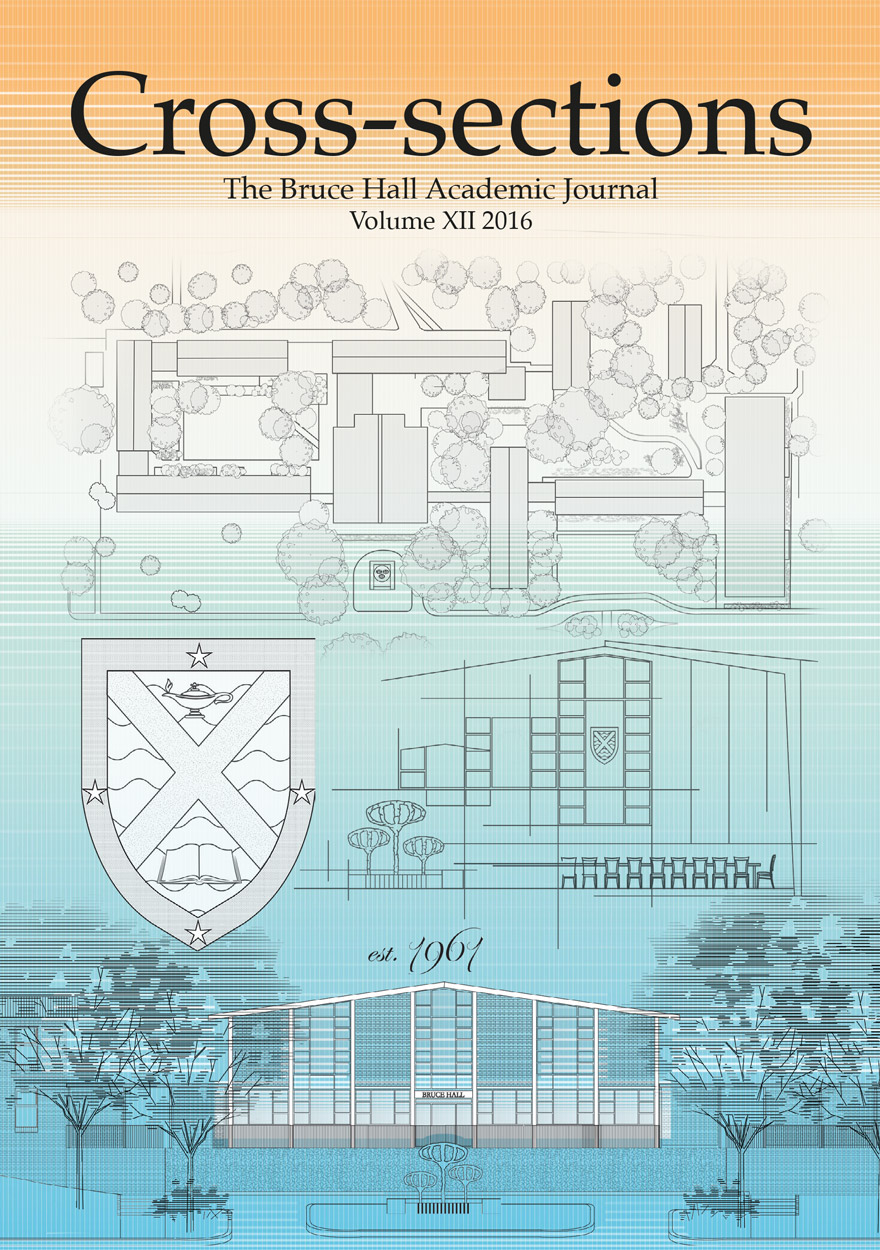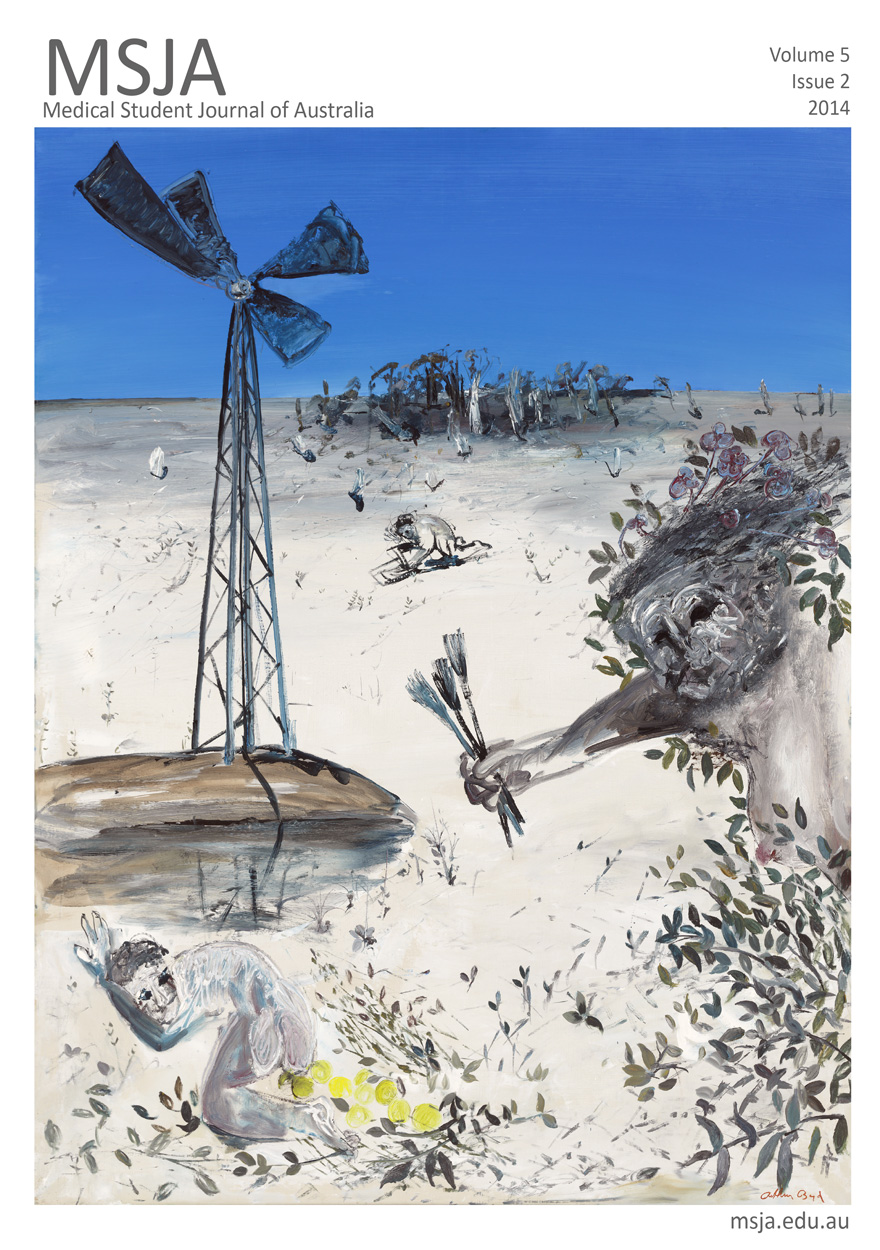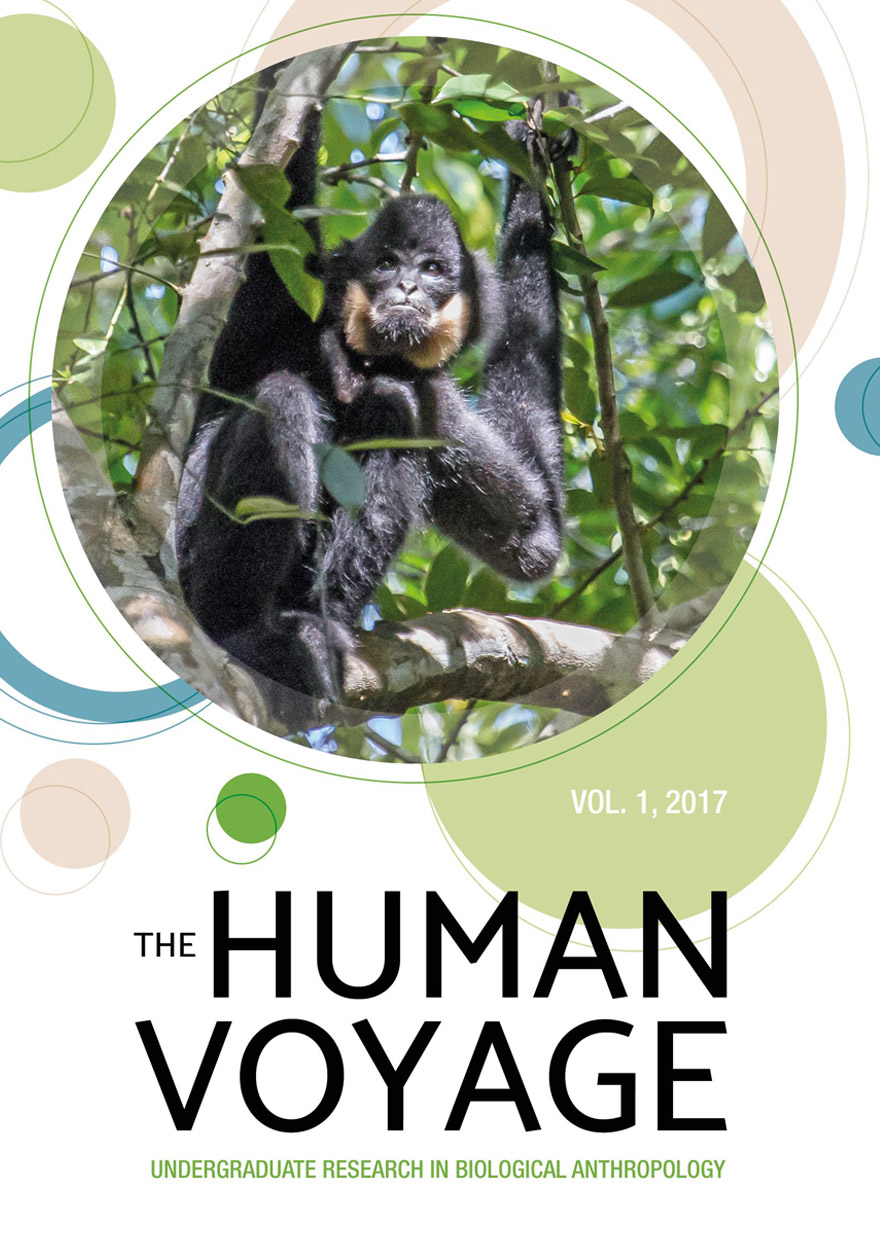Journals
Browse or search a variety of academic journals maintained by ANU Press, or find out more about the journal authors. Download the book for free or buy a print-on-demand copy.

China's Dilemma »
Economic Growth, the Environment and Climate Change
Edited by: Ligang Song, Wing Thye Woo
Publication date: July 2008
China’s Dilemma—Economic Growth, the Environment and Climate Change examines the challenges China will have to confront in order to maintain rapid growth while coping with the global financial turbulence, some rising socially destabilising tensions such as income inequality, an over-exploited environment and the long-term pressures of global warming.
China’s Dilemma discusses key questions that will have an impact on China’s growth path and offers some in-depth analyses as to how China could confront these challenges. The authors address the effect of the global credit crunch and financial shocks on China’s economic growth; China’s contribution to greenhouse gas emissions and emissions reduction schemes; the environmental consequences of foreign direct investment in China; the relationship between air pollution and mortality; the effect of climate change on agricultural output; the coal industry’s compliance with tougher regulations; and the constraints water shortages may impose on China’s economy. It also emphasises the importance of managing the rising demand for energy to moderate oil price increases and placating domestic and international concerns about global warming.
In the thirty years since China started on the path of reform, it has emerged as one of the largest and most dynamic economies in the world. This carries with it the responsibility to balance the requirements of key industries that are driving its development with the need to ensure that its growth is both equitable and sustainable. China’s Dilemma highlights key lessons learned from the past thirty years of reform in order to pave the way for balanced and sustained growth in the future.

Defence Policy-Making »
A Close-Up View, 1950-1980- A Personal Memoir
Edited by: Peter Edwards
Authored by: Sir Arthur Tange
Publication date: July 2008
Sir Arthur Tange was perhaps the most powerful Secretary of the Australian Defence Department and one of the most powerful of the great ‘mandarins’ who dominated the Commonwealth Public Service between the 1940s and the 1970s. His strong, and often decisive, influence on both administration and policy was exerted by virtue of his intellectual capacity, his administrative ability and the sheer force of his personality.
Controversies from his time in Defence, including those associated with ‘the Tange report’ and ‘the Tange reforms’, echo to this day, and it is still easy to identify both staunch admirers and vitriolic critics in defence and public service circles. Tange wrote this account in his last years. It is a memoir – based largely on memory supplemented by limited reference to documentary material – that focuses upon his career after he came to Defence in 1970. It records his own account of his part in those administrative reforms and policy shifts, as well as his involvement-or non-involvement or alleged involvement-in several of the political crises of the 1970s, including the downfall of John Gorton as Prime Minister and the dismissal of the Whitlam Government.

Whatever Happened to Frank and Fearless? »
The impact of new public management on the Australian Public Service
Authored by: Kathy MacDermott
Publication date: July 2008
In this evidence-based and closely argued work, Kathy MacDermott plots the changes in the culture of the Australian Public Service that have led many contemporary commentators to lament the purported loss of traditional public service values of impartiality, intellectual rigour and — most importantly — the willingness of public servants at all levels to offer frank and fearless advice to their superiors and their ministers. MacDermott brings to her analysis an insider’s sensibility and a thorough forensic analysis of the impact of some 20 years of relentless administrative ‘reform’ on the values and behaviour of the APS. Although this story has its beginnings in the Hawke-Keating eras, MacDermott convincingly argues that structural and cultural change compromising the integrity of the public service reached its apogee towards the end of the eleven years of the Howard government. This is a ‘must read’ for students of Australian political and administrative history. MacDermott offers cautionary observations that the new national government might do well to heed.

Fresh Perspectives on the "War on Terror" »
Edited by: Miriam Gani, Penelope Mathew
Publication date: July 2008
On 20 September 2001, in an address to a Joint Session of Congress and the American people, President George W Bush declared a ‘war on terror’. The concept of the ‘war on terror’ has proven to be both an attractive and a potent rhetorical device. It has been adopted and elaborated upon by political leaders around the world, particularly in the context of military action in Afghanistan and Iraq. But use of the rhetoric has not been confined to the military context. The ‘war on terror’ is a domestic one, also, and the phrase has been used to account for broad criminal legislation, sweeping agency powers and potential human rights abuses throughout much of the world.
This collection seeks both to draw on and to engage critically with the metaphor of war in the context of terrorism. It brings together a group of experts from Australia, Canada, the United Kingdom, France and Germany who write about terrorism from a variety of disciplinary perspectives including international law and international relations, public and constitutional law, criminal law and criminology, legal theory, and psychology and law.

Australian Humanities Review: Issue 44, 2008 »
The idea of South: Australia’s global positioning
Edited by: Monique Rooney, Russell Smith
Publication date: July 2008
Australian Humanities Review is a peer-reviewed interdisciplinary journal featuring articles, essays and reviews focusing on a wide array of topics related to literature, culture, history and politics.
Issue 44 of Australian Humanities Review is dedicated to exploring the idea of ‘the South’ and its role in Australians’ perception of their place in the world. Culturally and politically, Australia is closer to the North than to the southern nations that are its neighbours, while geographically, ecologically and historically it remains part of the South. What are the implications of Australia’s global position? What reorientations of our notions of history, culture and knowledge are required for Australia fully to acknowledge its southern status?
Download for free
Not available for purchase

Agriculture and Food Security in China »
What Effect WTO Accession and Regional Trade Arrangements?
Edited by: Chunlai Chen, Ron Duncan
Publication date: June 2008
China’s accession to the World Trade Organization (WTO) has had profound consequences for the structure of its economy, and there will many more before the full benefits of an open trading regime will be realised.
Agriculture and Food Security in China explains the background to China’s WTO accession and links accession to reforms beginning as far back as 1979. The book highlights China’s policymakers’ decision to move away from protectionism and gain self-sufficiency, and illustrates how China’s step away from direct participation in the agricultural sector to indirect regulatory involvement and liberalisation could encourage further economic growth.
Yet not all economic growth is cost-free. Agriculture and Food Security in China explores the short-term impacts of WTO accession as well as the mid and long-term implications of greater market involvement at an economy-wide and regional level. Growing divides between coastal and inland regions—and differences in rural and urban growth—will require a better understanding of the consequences of greater market dependency.
Agriculture and Food Security in China adds to the existing knowledge of China’s agricultural growth as well as the impacts and interrelationships between WTO accession and China’s participation in other regional free trade agreements.
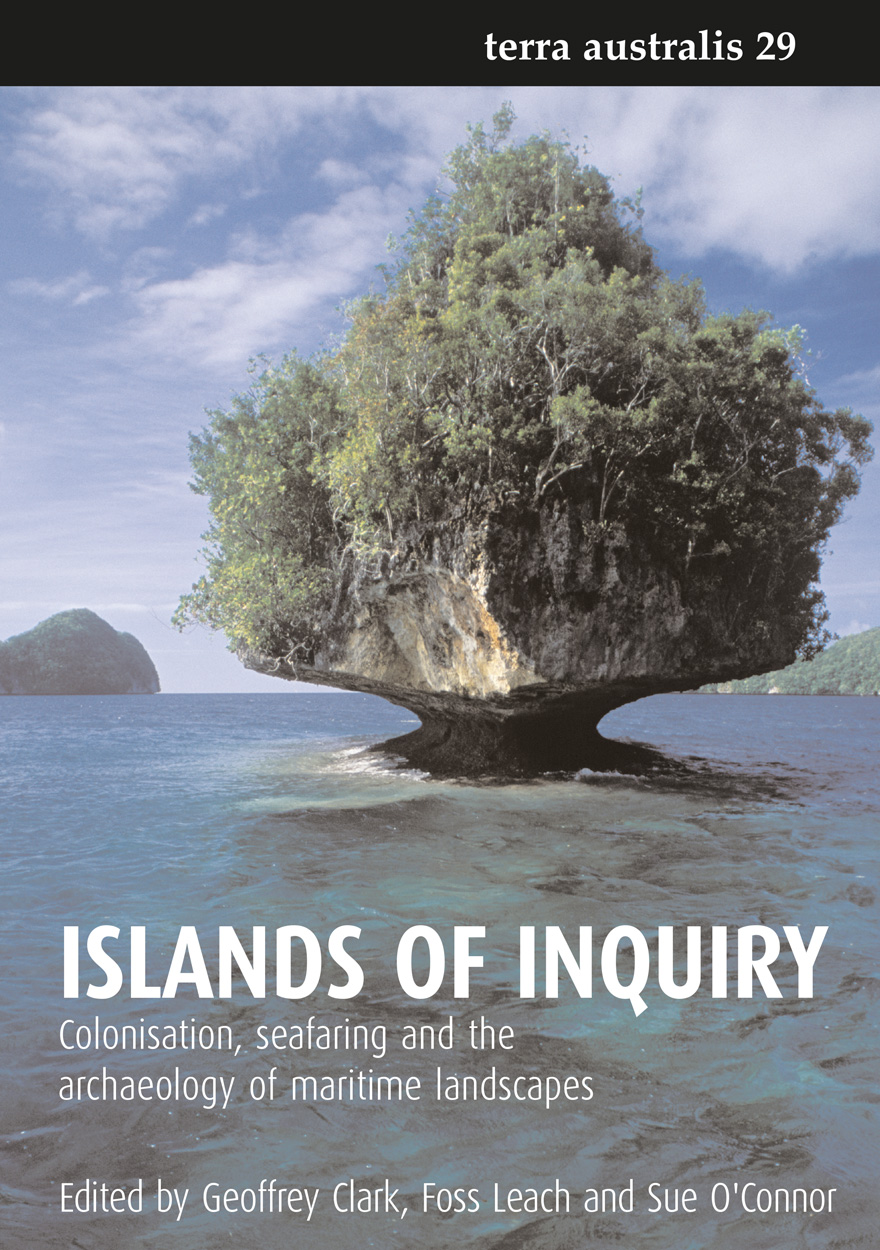
Islands of Inquiry »
Colonisation, seafaring and the archaeology of maritime landscapes
Edited by: Geoffrey Clark, Foss Leach, Sue O'Connor
Publication date: June 2008
This collection makes a substantial contribution to several highly topical areas of archaeological inquiry. Many of the papers present new and innovative research into the processes of maritime colonisation, processes that affect archaeological contexts from islands to continents. Others shift focus from process to the archaeology of maritime places from the Bering to the Torres Straits, providing highly detailed discussions of how living by and with the sea is woven into all elements of human life from subsistence to trade and to ritual. Of equal importance are more abstract discussions of islands as natural places refashioned by human occupation, either through the introduction of new organisms or new systems of production and consumption. These transformation stories gain further texture (and variety) through close examinations of some of the more significant consequences of colonisation and migration, particularly the creation of new cultural identities. A final set of papers explores the ways in which the techniques of archaeological science have provided insights into the fauna of islands and the human history of such places. Islands of Inquiry highlights the importance of an archaeologically informed history of landmasses in the oceans and seas of the world.

Minding the Gap »
Appraising the promise and performance of regulatory reform in Australia
Authored by: Peter Carroll, Rex Deighton-Smith, Helen Silver, Chris Walker
Publication date: June 2008
‘Mind the Gap!’ is an almost iconic exhortation, originating in the London Underground, warning travellers to be careful when navigating the ‘gap’ between the platform and train. In this volume, Peter Carroll, Rex Deighton-Smith, Helen Silver and Chris Walker retrospectively assess the ‘gap’ — no less dynamic and perilous in a public policy context — between the promise and performance of successive waves of regulation in Australia since the 1980s. Regulatory bodies exist to exercise what might be broadly termed ‘control functions’ and, by nature, tend to be conservative both in their culture and operations. Institutional conservatism does not, of necessity, preclude the exercise of creativity and foresight, both of which are sorely required if government is to successfully meet the challenge of delivering more effective and less costly regulation. The business and policy environment is complex, the risks are great and the rewards of success and the costs of failure will be enormous. The true measure of success will be how effectively we are able to close the gap between promise and performance.

Telling Pacific Lives »
Prisms of Process
Edited by: Brij V. Lal, Vicki Luker
Publication date: June 2008
How are Pacific lives imagined, written and read? How are they refracted through prisms of process? From legends about culture heroes to biographies of national leaders, from tales of ancestors to stories of contemporary men and women, from lives told of both the famous and the nameless, this collection of essays — by historians and anthropologists, Islanders and Island scholars — probes questions of personhood, identity, memory, and time across the sweep of the Pacific, as well as practical issues of research and writing.

Troubled Waters »
Confronting the Water Crisis in Australia’s Cities
Edited by: Patrick Troy
Publication date: June 2008
Australian cities have traditionally relied for their water on a ‘predict-and-provide’ philosophy that gives primacy to big engineering solutions. In more recent years privatised water authorities, seeking to maximise consumption and profits, have reinforced the emphasis on increasing supply. Now the cities must cope with the stresses these policies have imposed on the eco-systems from which they harvest water, into which they discharge wastes, and on which they are located. Residents are having to pay more for their water, while the cities themselves are becoming less sustainable.
Must we build more dams and desalination plants, or should we be managing the demand for urban water more prudently? This book explores the demand for urban water and how it has changed in response to shifting social mores over the past century. It explains how demand for centralised provision of water might be reshaped to enable the cities to better cope with expected changes in supply as our climate changes. And it discusses the implications of property rights in water for proposals to privatise water services.

Agenda - A Journal of Policy Analysis and Reform: Volume 15, Number 2, 2008 »
Authored by: William Coleman, Alex Robson
Publication date: June 2008
Agenda is a refereed, ECONLIT-indexed and RePEc-listed journal of the College of Business and Economics, The Australian National University. Launched in 1994, Agenda provides a forum for debate on public policy, mainly (but not exclusively) in Australia and New Zealand. It deals largely with economic issues but gives space to social and legal policy and also to the moral and philosophical foundations and implications of policy.
Subscribe to the Agenda Alerting service if you wish to be advised on forthcoming or new issues.
Download for free
Not available for purchase

Politics and State Building in Solomon Islands »
Edited by: Sinclair Dinnen, Stewart Firth
Publication date: May 2008
Politics and State Building in Solomon Islands examines a crisis moment in recent Solomon Islands history. Contributors examine what happened when unrest engulfed the capital of the small Melanesian country in the aftermath of the 2006 national elections, and consider what these events show about the Solomon Islands political system, the influence of Asian interests in business and politics, and why the crisis is best understood in the context of the country’s volatile blend of traditional and modern politics.
Until the disturbances of April 2006 and subsequent deterioration in bilateral relations between Australia and Solomon Islands under the Sogavare government, experts had hailed the Regional Assistance Mission to Solomon Islands (RAMSI) as an unqualified success. Some saw it as a model for ‘cooperative intervention’ in ‘failing states’ worldwide. Following these developments success seems less certain and aspects of the RAMSI model appear flawed.
Using the case of Solomon Islands, this book raises fundamental questions about the nature of ‘cooperative intervention’ as a vehicle for state building, asking whether it should be construed as a mainly technical endeavour or whether it is unavoidably a political undertaking with political consequences. Providing a critical but balanced analysis, Politics and State Building in Solomon Islands has important implications for the wider debate about international state-building interventions in ‘failed’ and ‘failing’ states.

Australia Under Construction »
Nation-building past, present and future
Edited by: John Butcher
Publication date: April 2008
The Australian nation is a work in progress. So conclude the authors whose views are represented in this most recent offering in the ANZSOG monograph series, Australia Under Construction: Nation-building past, present and future. From its beginnings as a settler society through to present day concerns about ‘broadbanding the nation’, the nation-building narrative has resonated with Australians. The very idea of nation-building has both excited the popular imagination about what we might achieve as a society and a nation, and has occasioned despair about missed opportunities. The eleven authors contributing to this monograph reflect on these, and other themes from a variety of perspectives. They challenge our understanding of the term ‘nation-building’, reflect on its contemporary relevance as a framework for public policy and even re-appraise the contribution of past ‘iconic’ nation-building endeavours. To this subject the authors bring intelligence, wit and a healthy disdain for sacred cows. A stimulating read for anyone interested in the history, challenges and prospects of nation-building in Australia.

Pedigree and Panache »
A History of the Art Auction in Australia
Authored by: Shireen Huda
Publication date: April 2008
Art auctions have long captured the public imagination. They regularly make news headlines and have become synonymous with glamour, money and social distinction. The marketing of auction houses and the works they sell has resulted in firms attaining authoritative positions and the ability both to influence and reflect collecting tastes. Pedigree and Panache is the first comprehensive history of the art auction in Australia. In this fascinating work, Shireen Huda investigates the construction of the glamorous reputation of art auctions and art auction houses. Featuring absorbing case studies of key art auctions and major art auction houses in Australia (including Christie’s, Sotheby’s and Deutscher-Menzies) the work provides an overview of the origin and international development of art auctions. The development of the Australian marketplace is then explored, detailing colonial inception and continuing until Christie’s withdrawal of its saleroom presence in 2006.
This book is an engaging read for those involved in the art industry, as well as historians, artists, collectors and anyone interested in the art market, art investment, social history and art history.

Political Parties in the Pacific Islands »
Edited by: Roland Rich, Luke Hambly, Michael G. Morgan
Publication date: April 2008
While political parties remain an indispensable institutional framework for representation and governance in a democracy, the democracies of many Pacific Islands nations are undermined by the weakness and inefficacy of their local political parties.
Addressing the implications of the lack of established party systems across the Pacific, this collection seeks to illuminate the underlying assumptions and suppositions behind the importance of coherent and effective parties to overall democratic functioning.
Focusing on the political systems of East Timor, Papua New Guinea, Solomon Islands, Vanuatu, New Caledonia, Fiji and Samoa, the coherent structure of the volume makes it consistently useful as both an articulate analytical text and a reference tool concerning the political composition, history and direction of Pacific states.
Featuring contributions from scholars who are familiar names to even the most casual of Pacificists, Political Parties in the Pacific is the benchmark reference work on the political parties of the Pacific: an invaluable resource for students, scholars and researchers of the Pacific and international politics.
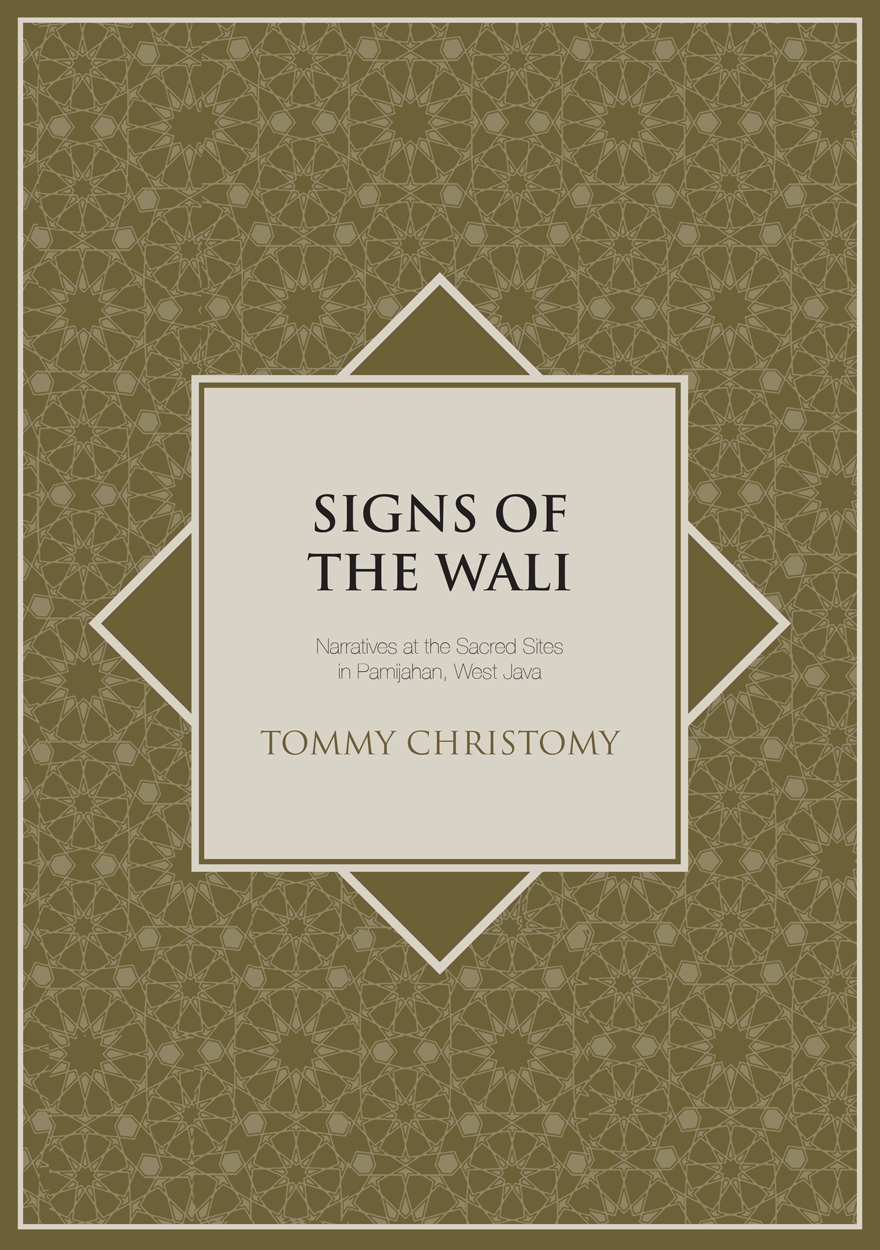
Signs of the Wali »
Narratives at the Sacred Sites in Pamijahan, West Java
Authored by: Tommy Christomy
Publication date: April 2008
In Signs of the Wali, Dr Tommy Christomy focuses on the one of the early founders of Islam on Java, Shakyh Abdul Muhyi, whose burial site at Pamijahan in Tasikmalaya is a place of contemporary ziarah. This study initially conceived of as a philological exploration of historical manuscripts has been transformed into a study of ‘living manuscripts’ – the contemporary narratives of the custodians at Pamijahan.
As elsewhere in the Islamic world, tarekat and ziarah intersect in popular practice at Pamijahan. Dr Christomy explores this intersecting world, explaining the steps of his own research investigations that enfold as a journey of discovery as he proceeds. This investigation involves the search for traces of Tarekat Shattiriyyah in Pamijahan, given the pervasive presence of Tarekat Qadirriyah-Nashabandiyyah throughout Tasikmalaya. That Tarekat Shattiriyyah survives to this day is itself evidence of the tenacity that its historical roots have established in a particular place.

Agenda - A Journal of Policy Analysis and Reform: Volume 15, Number 1, 2008 »
Authored by: William Coleman, Alex Robson
Publication date: April 2008
Agenda is a refereed, ECONLIT-indexed and RePEc-listed journal of the College of Business and Economics, The Australian National University. Launched in 1994, Agenda provides a forum for debate on public policy, mainly (but not exclusively) in Australia and New Zealand. It deals largely with economic issues but gives space to social and legal policy and also to the moral and philosophical foundations and implications of policy.
Subscribe to the Agenda Alerting service if you wish to be advised on forthcoming or new issues.
Download for free
Not available for purchase

A Time Bomb Lies Buried »
Fiji’s Road to Independence, 1960-1970
Authored by: Brij V. Lal
Publication date: March 2008
A Time Bomb Lies Buried discusses the debates which took place in Suva and London as well as the politics and processes which led Fiji to independence in 1970 after 96 years of colonial rule. It provides an essential background to understanding the crises and convulsions which have haunted Fiji ever since in its search for a constitutional settlement for its multiethnic population.

Capturing Wealth from Tuna »
Case Studies from the Pacific
Authored by: Kate Barclay, Ian Cartwright
Publication date: January 2008
The Western and Central Pacific Ocean is home to the largest tuna fishery in the world – around half of the world’s tuna supply – and is a vital economic resource for Pacific island countries.
The potential of the Pacific tuna fishery to contribute to economic development in the Pacific island countries is enormous, but will require a cooperative regional strategy to maximise access fees from distant water fishing nations, as well as targeted domestic policy and legislation to encourage local fishing industries. Together with the importance of acting strategically with regard to such a variable resource, the lesson of fisheries management globally is that it is most effective when it takes into consideration social, cultural and political contexts.
Based on an extensive study of six Pacific island states, Capturing Wealth from Tuna maps out the aspirations and limitations of six Pacific island countries and proposes strategies for capturing more wealth from this resource in a sustainable and socially equitable manner.

Aboriginal History Journal: Volume 32 »
Publication date: 2008
Since 1977, the journal Aboriginal History has pioneered interdisciplinary historical studies of Australian Aboriginal people’s and Torres Strait Islander’s interactions with non-Indigenous peoples. It has promoted publication of Indigenous oral traditions, biographies, languages, archival and bibliographic guides, previously unpublished manuscript accounts, critiques of current events, and research and reviews in the fields of anthropology, archaeology, sociology, linguistics, demography, law, geography and cultural, political and economic history.
Aboriginal History Inc. is a publishing organisation based in the Australian Centre for Indigenous History, Research School of Social Sciences, The Australian National University, Canberra.
For more information on Aboriginal History Inc. please visit aboriginalhistory.org.au.
Download for free
Not available for purchase

Japan's Future in East Asia and the Pacific »
Edited by: Mari Pangestu, Ligang Song
Publication date: December 2007
Japan’s Future in East Asia and the Pacific takes a ’big-picture‘ approach to Japan’s economic place in East Asia alongside that of China. It analyses Japan’s successes and experiments in trade policy as well as its failures in macro-economic policy. Japan’s diplomatic and economic integration strategies are also examined for their impact on East Asia and on Australia. The collection assesses China’s growth and dynamism and questions the nature of the competition for economic influence between Japan and China.
Contributors to Japan’s Future in East Asia and the Pacific are all graduates of The Australian National University who are making their mark in the region as scholars and economists on East Asian and Pacific affairs.

Transgressions »
Critical Australian Indigenous histories
Edited by: Ingereth Macfarlane, Mark Hannah
Publication date: December 2007
This volume brings together an innovative set of readings of complex interactions between Australian Aboriginal people and colonisers. The underlying theme is that of ‘transgression’, and Michel Foucault’s account of the necessary dynamic that exists between transgression and limit. We know what constitutes the limit, not by tracing or re-stating the boundaries, but by crossing over them. By exploring the mechanisms by which limits are set and maintained, unexamined cultural assumptions and dominant ideas are illuminated. We see the expectations and the structures that inform and support them revealed, often as they unravel. Such illuminations and revelations are at the core of the Australian Indigenous histories presented in this collection.
For more information on Aboriginal History Inc. please visit aboriginalhistory.org.au.

History as Policy »
Framing the debate on the future of Australia’s defence policy
Edited by: Ron Huisken, Meredith Thatcher
Publication date: December 2007
The fortieth anniversary of the Strategic and Defence Studies Centre’s founding provided the opportunity to assemble many of Australia’s leading analysts and commentators to review some of the more significant issues that should define Australian defence policy.
In the first 20 years after its establishment, SDSC scholars played a prominent role in shaping the ideas and aspirations that eventually found official expression in the 1987 Defence of Australia White Paper. This policy sustained a coherent balance between strategy, force structure and budgets for well over a decade. In recent years, however, the cumulative effects of the end of the Cold War and watershed events like the East Timor experience; the attacks on New York and Washington, D.C., in September 2001; the Bali bombings in October 2002; and the invasion of Iraq in March 2003 have fractured the former consensus on defence policy. These developments have eroded acceptance of the core judgements underpinning defence policy. This has led to a more tenuous connection between some recent major equipment acquisitions and declared policy.
The unravelling of the consensus on the ‘defence of Australia’ policy means that we must again undertake a balanced, long-term assessment of the nature of Australia’s strategic interests. Only by doing so can we determine the kinds of armed forces that would contribute most effectively to protecting those interests. The papers collected in this volume are not informed by a common view of where Australia should focus its defence policy, but all address themes that should figure prominently in this difficult but essential task.

Agency, Contingency and Census Process »
Observations of the 2006 Indigenous Enumeration Strategy in remote Aboriginal Australia
Edited by: Frances Morphy
Publication date: December 2007
The Indigenous Enumeration Strategy (IES) of the Australian National Census of Population and Housing has evolved over the years in response to the perceived ‘difference’ of the Aboriginal and Torres Strait Islander populations. Its defining characteristics are the use of locally recruited, mostly Indigenous collector interviewers, and the administration of a modified collection instrument in discrete Indigenous communities, mostly in remote Australia.
The research reported here is unique. The authors, with the assistance of the Australian Bureau of Statistics, were able to follow the workings of the IES in the 2006 Census from the design of the collection instrument to the training of temporary census field staff at the Northern Territory’s Census Management Unit in Darwin, to the enumeration in four remote locations, through to the processing stage at the Data Processing Centre in Melbourne. This allowed the tracking of data from collection to processing, and an assessment of the effects of information flows on the quality of the data, both as input and output.
This study of the enumeration involved four very different locations: a group of small outstation communities (Arnhem Land), a large Aboriginal township (Wadeye), an ‘open’ town with a majority Aboriginal population (Fitzroy Crossing), and the minority Aboriginal population of a major regional centre (Alice Springs). A comparison between these contexts reveals differences that reflect the diversity of remote Aboriginal Australia, but also commonalities that exert a powerful influence on the effectiveness of the IES, in particular very high levels of short-term mobility. The selection of sites also allowed a comparison between the enumeration process in the Northern Territory, where a time-extended rolling count was explicitly planned for, and Western Australia, where a modified form of the standard count had been envisaged.
The findings suggest that the IES has reached a point in its development where the injection of ever-increasing resources into essentially the same generic set and structure of activities may be producing diminishing returns. There is a need for a new kind of engagement between the Australian Bureau of Statistics and local government and Indigenous community-sector organisations in remote Australia. The agency and local knowledge of Indigenous people could be harnessed more effectively through an ongoing relationship with such organisations, to better address the complex contingencies confronting the census process in remote Indigenous Australia.
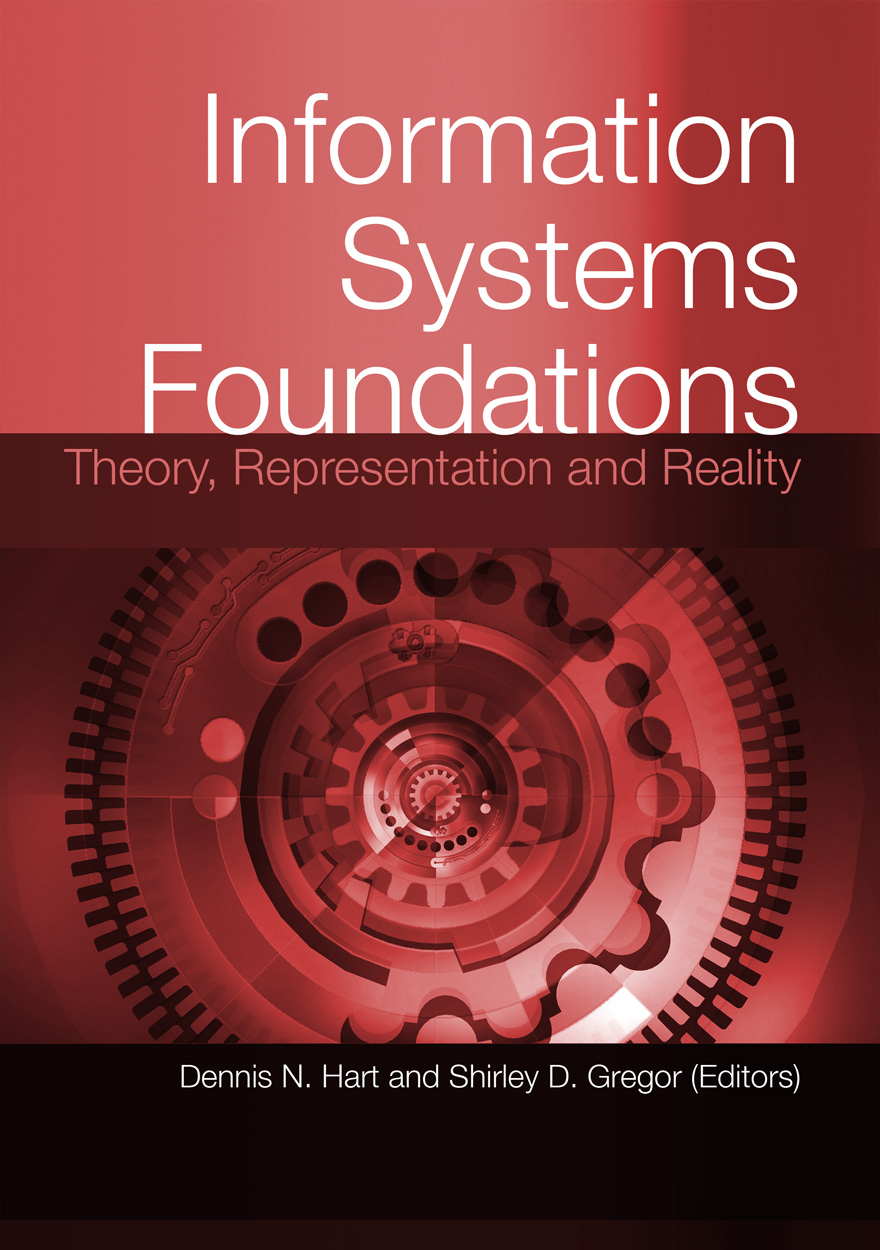
Information Systems Foundations: Theory, Representation and Reality »
Edited by: Dennis Hart, Shirley Gregor
Publication date: November 2007
This volume contains the papers presented at the third biennial Information Systems Foundations (‘Theory, Representation and Reality’) Workshop, held at The Australian National University in Canberra from 27-28 September 2006. The focus of the workshop was, as for the others in the series, the foundations of Information Systems as an academic discipline. The particular emphasis was, as in past workshops, the adequacy and completeness of theoretical underpinnings and the research methods employed. At the same time the practical nature of the applications and phenomena with which the discipline deals were kept firmly in view. Accordingly, the papers in this volume range from the unashamedly theoretical n their focus (Designing for Mutability in Information Systems Artifacts; Towards a Unified Theory of Fit: Task, Technology and Individual) to the much more practically oriented (An Action-Centred Approach to Conceptualising Information Support for Routine Work).
The contents of this volume will be of interest and relevance to academics and advanced students as well as thoughtful and reflective practitioners in the Information Systems field.
ANU Press Journals
Aboriginal History Journal »
Since 1977, the journal Aboriginal History has pioneered interdisciplinary historical studies of Australian Aboriginal people’s and Torres Strait Islander’s interactions with non-Indigenous peoples. It has promoted publication of Indigenous oral traditions, biographies, languages, archival and bibliographic guides, previously unpublished manuscript accounts, critiques of current events, and research and reviews in the fields of anthropology, archaeology, sociology, linguistics, demography, law, geography and cultural, political and economic history.
Aboriginal History Inc. is a publishing organisation based in the Australian Centre for Indigenous History, Research School of Social Sciences, The Australian National University, Canberra.
For more information on Aboriginal History Inc. please visit aboriginalhistory.org.au.
Submission details
Please send article submissions to aboriginal.history@anu.edu.au.
Articles of about 7,000 words in length (including footnotes and references) are preferred, but submissions up to 9,000 words will be considered. Please submit an electronic version of the paper (text only without embedded images or scans) in Microsoft Word or RTF format, along with a short abstract and author biography as a separate document.
ANU Historical Journal II »
The ANU Historical Journal II (ANUHJ II) is an open-access, peer-reviewed academic history journal of the ANU College of Arts and Social Sciences and the ANU College of Asia and the Pacific. It is a revival of the ANU Historical Journal, which was published between 1964 and 1987. Contributors to the first journal included academics such as Ken Inglis, Manning Clark, John Ritchie and Oliver MacDonagh along with then-emerging scholars Iain McCalman, Michael McKernan, Margaret George, Coral Bell, John Iremonger, Alastair Davidson, Susan Magarey and Rosemary Auchmuty. As well as upholding the Journal’s commitment to the work of students and early career researchers, the ANUHJ II has expanded its focus to include memoirs, short articles and long-form book reviews.
The ANUHJ II invites submissions from students, graduates and academics of any Australian university.
For more information about the ANUHJ II, please visit anuhj.com.au
Australian Journal of Biography and History »
The Australian Journal of Biography and History is an initiative of the National Centre of Biography (NCB) in the Research School of Social Sciences at The Australian National University. The NCB was established in 2008 to extend the work of the Australian Dictionary of Biography and to serve as a focus for the study of life writing in Australia, supporting innovative research and writing to the highest standards in the field, nationally and internationally. The Australian Journal of Biography and History seeks to promote the study of biography in Australia. Articles that appear in the journal are lively, engaging and provocative, and are intended to appeal to the current popular and scholarly interest in biography, memoir and autobiography. They recount interesting and telling life stories and engage critically with issues and problems in historiography and life writing.
The journal publishes peer-reviewed articles on Australian historical biography, including biographical studies, studies relating to theory and methodology, and the associated genres of autobiography, life writing, memoir, collective biography and prosopography. We are especially interested in articles that explore the way in which biography and its associated genres can illuminate themes in Australian history, including women in Australian society, family history, transnational networks and mobilities, and Indigenous history.
Submission Details
Please send article submissions or abstracts to the Editor, Dr Malcolm Allbrook, National Centre of Biography, The Australian National University. Email: Malcolm.Allbrook@anu.edu.au. Articles should be in the range of 5,000 to 8,000 words (excluding footnotes), although longer submissions may be considered after consultation with the Editor. Style and referencing: please use footnotes in Chicago style, and follow British spelling.
East Asia Forum Quarterly »
East Asia Forum Quarterly grew out of East Asia Forum (EAF) online, which has developed a reputation for providing a platform for the best in Asian analysis, research and policy comment on the Asia Pacific region in world affairs. EAFQ aims to provide a further window onto research in the leading research institutes in Asia and to provide expert comment on current developments within the region. The East Asia Forum Quarterly, like East Asia Forum online, is an initiative of the East Asia Forum (EAF) and its host organisation, the East Asian Bureau of Economic Research (EABER) in the Crawford School of Public Policy in the ANU College of Asia & the Pacific at The Australian National University.
Submission details
Unsolicited submissions to EAF are welcome. An analytic op-ed piece that is accessible to a general audience and written in crisp language is required. The preferred length of submissions is around 800 words. Submissions will be double-blind reviewed and, if accepted for publication, edited for English fluency and house style before returned for clearance by the author. EAFQ does not use footnotes but would be extremely appreciative if hyperlinks to internet sources are included wherever possible. EAFQ reserves the right to determine the title for any piece, but will not publish a piece or a title without permission. A suggested title is appreciated. If you have any further queries, or would like to submit, please contact shiro.armstrong@anu.edu.au.
Human Ecology Review »
Human Ecology Review is a semi-annual journal that publishes peer-reviewed interdisciplinary research on all aspects of human–environment interactions (Research in Human Ecology). The journal also publishes essays, discussion papers, dialogue, and commentary on special topics relevant to human ecology (Human Ecology Forum), book reviews (Contemporary Human Ecology), and letters, announcements, and other items of interest (Human Ecology Bulletin). Human Ecology Review also publishes an occasional paper series in the Philosophy of Human Ecology and Social–Environmental Sustainability.
Submission details
For information on preparing your manuscript for submission, please visit www.humanecologyreview.org. To submit a manuscript to Human Ecology Review, please visit mstracker.com/submit1.php?jc=her, or email humanecologyreviewjournal@gmail.com.
Humanities Research »
Humanities Research is a peer-reviewed, open access, annual journal that promotes outstanding innovative, interdisciplinary and multidisciplinary scholarship to advance critical knowledge about the human world and society.
The journal is co-published by the Humanities Research Centre, The Australian National University, Canberra. It was launched in 1997 and went into hiatus in 2013. In 2022, the journal is resuming publication, reflecting the continuing strength of the humanities at The Australian National University, the rapid development of the interdisciplinary, environmental and public humanities over the last decade, and the opportunities for international collaboration reflected in the resumption of international travel in 2022.
Issues are thematic with guest editors and address important and timely topics across all branches of the humanities.
International Review of Environmental History »
International Review of Environmental History takes an interdisciplinary and global approach to environmental history. It encourages scholars to think big and to tackle the challenges of writing environmental histories across different methodologies, nations, and time-scales. The journal embraces interdisciplinary, comparative and transnational methods, while still recognising the importance of locality in understanding these global processes.
The journal’s goal is to be read across disciplines, not just within history. It publishes on all thematic and geographic topics of environmental history, but especially encourage articles with perspectives focused on or developed from the southern hemisphere and the ‘global south’.
Submission details
Please send article submissions or abstracts to the Editor, Associate Professor James Beattie, Science in Society, Victoria University of Wellington, PO Box 600, Wellington 6142, New Zealand. Email: james.beattie@vuw.ac.nz.
Abstracts should be no more than 200 words, and include a list of keywords. Articles should be in the range 5,000 to 8,000 words (including footnotes), although longer submissions may be considered after consultation with the editor. Style and referencing: please use footnotes in Chicago Style, follow British spelling, and use single quotation marks only. Find out more details about Chicago Style.
Lilith: A Feminist History Journal »
Lilith: A Feminist History Journal is an annual journal that publishes articles, essays and reviews in all areas of feminist and gender history (not limited to any particular region or time period). In addition to publishing research articles on diverse aspects of gender history, Lilith is also interested in publishing feminist historiographical and methodological essays (which may be shorter in length than typical research articles). Submissions from Australian and international early career researchers and postgraduate students are particularly encouraged.
The journal first began publication in Melbourne in 1984. It is the official journal of the Australian Women’s History Network, an organisation dedicated to promoting research and writing in all fields of women’s, feminist and gender history.
For more information about Lilith, please visit www.auswhn.org.au/lilith/.
Made in China Journal »
The Made in China Journal (MIC) is a publication focusing on labour, civil society and human rights in China. It is founded on the belief that spreading awareness of the complexities and nuances underpinning socioeconomic change in contemporary Chinese society is important, especially considering how in today’s globalised world Chinese labour issues have reverberations that go well beyond national borders. MIC rests on two pillars: the conviction that today, more than ever, it is necessary to bridge the gap between the scholarly community and the general public, and the related belief that open-access publishing is necessary to ethically reappropriate academic research from commercial publishers who restrict the free circulation of ideas.
Discontinued ANU Press Journals
Agenda - A Journal of Policy Analysis and Reform »
Please note: This journal ceased publishing in 2021.
Agenda is a refereed, ECONLIT-indexed and RePEc-listed journal of the College of Business and Economics, The Australian National University. Launched in 1994, Agenda provides a forum for debate on public policy, mainly (but not exclusively) in Australia and New Zealand. It deals largely with economic issues but gives space to social and legal policy and also to the moral and philosophical foundations and implications of policy.
Submission details
Authors are invited to submit articles, notes or book reviews, but are encouraged to discuss their ideas with the Editor beforehand. All manuscripts are subject to a refereeing process. Manuscripts and editorial correspondence should be emailed to: william.coleman@anu.edu.au.
Subscribe to the Agenda Alerting service if you wish to be advised on forthcoming or new issues.
Australian Humanities Review »
Please note: This journal ceased publishing with ANU Press in 2012. Current issues are available at australianhumanitiesreview.org.
Australian Humanities Review is a peer-reviewed interdisciplinary journal featuring articles, essays and reviews focusing on a wide array of topics related to literature, culture, history and politics.
craft + design enquiry »
Please note: This journal ceased publishing in 2015.
craft + design enquiry is an open-access, peer-reviewed journal promoting and disseminating research excellence generated by and about the craft and design sector. craft + design enquiry investigates the contribution that contemporary craft and design makes to society, establishing a dialogue between craft and design practice and cultural, social and environmental concerns. It includes submissions from across the field of craft and design from artists and practitioners, curators, historians, art and cultural theorists, educationalists, museum professionals, philosophers, scientists and others with a stake in the future developments of craft and design.
ANU Student Journals
ANU Undergraduate Research Journal »
Please note: This journal is now published via the ANU Student Journals platform; the latest issues can be found here: studentjournals.anu.edu.au/index.php/aurj
The ANU Undergraduate Research Journal presents outstanding essays taken from ANU undergraduate essay submissions. The breadth and depth of the articles chosen for publication by the editorial team and reviewed by leading ANU academics demonstrates the quality and research potential of the undergraduate talent being nurtured at ANU across a diverse range of fields.
Established in 2008, AURJ was designed to give students a unique opportunity to publish their undergraduate work; it is a peer-reviewed journal managed by a team of postgraduate student editors, with guidance from the staff of the Office of the Dean of Students.
Burgmann Journal - Research Debate Opinion »
Please note: This journal is now published via the ANU Student Journals platform; the latest issues can be found here: studentjournals.anu.edu.au/index.php/burgmann
Burgmann Journal is an interdisciplinary, peer-reviewed publication of collected works of research, debate and opinion from residents and alumni of Burgmann College designed to engage and stimulate the wider community.
Cross-sections, The Bruce Hall Academic Journal »
Please note: This journal is now published via the ANU Student Journals platform; the latest issues can be found here: studentjournals.anu.edu.au/index.php/cs
Representing the combined energies of a large group of authors, editors, artists and researchers associated with Bruce Hall at the ANU, Cross-sections collects a range of works (from academic articles and essays to photography, digital art and installation artwork) that represents the disciplinary breadth and artistic vitality of the ANU.
Presenting a challenging and absorbing way for students to hone vital research skills, in the process, Cross-sections nurtures a fruitful environment of collaborative interaction between academics and students.
Medical Student Journal of Australia »
Please note: This journal ceased publishing in 2015.
The Medical Student Journal of Australia provides the medical school of The Australian National University with a platform for medical students to publish their work in a peer-reviewed journal, communicating the results of medical and health research information clearly, accurately and with appropriate discussion of any limitations or potential bias.
Merici - Ursula Hall Academic Journal »
Please note: This journal is currently not publishing any new issues.
Merici is the combined works of undergraduate authors at Ursula Hall. Merici contains research and analysis from a range of disciplines and is thoroughly reviewed by ANU academics to ensure the showcasing of the best Ursula Hall has to offer.
The Human Voyage: Undergraduate Research in Biological Anthropology »
Please note: This journal is now published via the ANU Student Journals platform; the latest issues can be found here: studentjournals.anu.edu.au/index.php/hv
The Human Voyage: Undergraduate Research in Biological Anthropology is a journal that publishes outstanding student articles in all areas of biological anthropology, including primatology, palaeoanthropology, bioarchaeology and human behavioural ecology.
While the primary goal of this journal is to publish work of the highest quality authored by undergraduate students, it will also educate students in regards to publishing in academia. All submissions will be peer-reviewed and edited by ANU academic staff.




